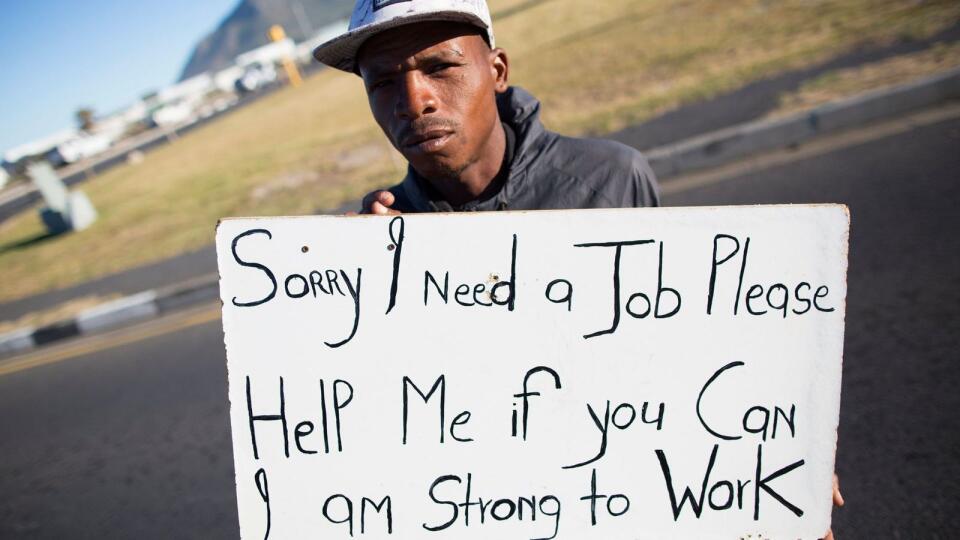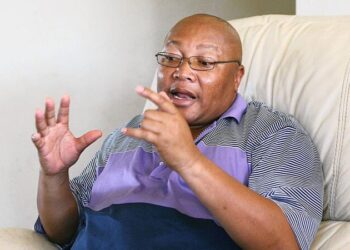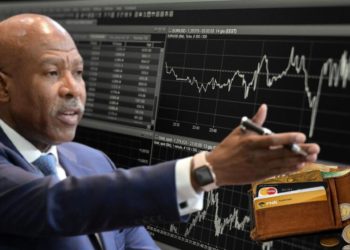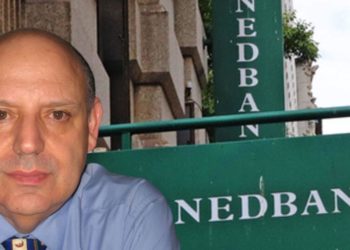As a result of young people struggling to make ends meet, Sekunjalo Investment Holdings chairperson Dr Iqbal Survé described South Africa as an embarrassment in the world under the current ANC leadership.
MOST young people are finding it hard to participate in the country’s economy because the government is not there to help them rise to the occasion, said political analyst Mpumelelo Zikalala.
Zikalala made this observation while the youth unemployment rate seems to be increasing.
According to the Quarterly Labour Force Survey’s first quarterly report of 2022, as released by Statistics SA, the unemployment rate was 63.9% for those between the ages of 15 and 24 and 42.1% for those between the ages of 25 and 34.
The overall unemployment rate for all ages currently stands at 34.5%.
“Unemployment among the youth continues to be a burden, irrespective of educational attainment,” read the Stats SA report.
South Africa has more than 10 million young people between the ages of 15 and 24 and, of these, only 2.5 million are in the labour force.
“The largest share (7.7 million or 75.1%) of this group of young people are those that are out of the labour force (ie inactive). The main reason for being inactive is discouragement, ie they have lost hope of finding a job that suits their skills or in the area, they reside,” the report read.
As a result of young people struggling to make ends meet, Sekunjalo Investment Holdings chairperson Iqbal Survé described South Africa as an embarrassment in the world under the current ANC leadership. Survé has offered to remedy the situation by providing skills training to young people.
He said the country’s leaders and the ruling party, most of whose members had sacrificed their lives during the Struggle against apartheid, had caused the country embarrassment by failing to deliver on the promises they have made to the nation.
“And today, we have nothing to show for that. If anything, in many ways, we have gone backwards and we have broken that promise to those that you know, paid the ultimate sacrifice,” he said.
During an interview with Independent Media, Survé made these remarks amid a depression in the country caused by a relentless power struggle among ANC leaders, job losses, and a growing unemployment rate.
According to PwC, a million jobs have already been lost as a result of load shedding. In addition, economists say load-shedding costs the country’s economy R17 million per hour.
According to the World Bank, the Covid-19 lockdown had also contributed to job losses among low-income earners in South Africa. “Low-wage workers suffered almost four times more job losses than high-wage earners,” said the World Bank.
Also, while the country is facing an unprecedented growth in lawlessness and the collapse of service delivery, the ruling party, the ANC, is embroiled in a power struggle.
Survé said that had Nelson Mandela still been alive it would have been sad to see him living under the current situation, including sky-rocketing violence against women. “He’d be saddened by the joblessness, the poverty, the lack of infrastructure, roads, water, electricity. I do think Mandela or many people like Mandela, that served time on Robben Island and in other prisons in this country, would be heartbroken, to be frank.”
He said there were others who fought against apartheid side-by-side with Mandela who are still alive and are experiencing what is going on today. “And they must be saying the same thing … but will we afford to sacrifice our lives for this? We cannot allow the doomsayers, the naysayers, those who have cried predators, those that are racist bigots and others.”
However, Survé said it was still not too late for those who, like him, are committed to a better life for all, especially for young people. He called on courageous citizens to grab available opportunities.
“And people that are prepared to work and sacrifice because that’s how we overcame apartheid, both black, white, Indian and coloured. Whatever colour you are, we came together, we overcame apartheid. What we now need is to build that common ground again, to overcome the challenges of our times,” he said.
The philanthropist and entrepreneur, who leads a group of more than 30 companies, was impressed that China was able to help 800 million of its people out of poverty in 40 years, and expressed confidence that South Africa would be able to achieve the same by 2050.
Survé has pledged to make capital accessible to all businesses, “to create jobs, to grow the economy, to produce for the country to do exports”.
His priority remains young people. “We’re going to train our young people to think in terms of the application of software digitalisation to embrace the digital economy because it is the young people that can do that (as) it’s young people that can learn it so quickly.”
Meanwhile, Zikalala said the high unemployment rate was caused by the fact that the government is not there to assist young people to create their own opportunities or is not implementing policies that would make it easy for them to be employed.
Although he welcomed the government’s effort to support tertiary education through the National Student Financial Aid Scheme, once students graduate they are abandoned by the system.
Zikalala, who is a lawyer by profession and head of Zikalala Attorneys and the Zikalala Corporation, said life was also difficult within the legal system. He said the sector does not prepare young people through training to be skilled attorneys who can open their own law firms.
He said young entrepreneurs are forced to compete with bigger firms that have been in an industry for many years. “You find that even government departments would set conditions which are against me (younger lawyer) by issuing a tender that says ‘we are looking for legal services but the person to qualify should have 20 years’ of experience’, which I don’t have.”
investigations@falcons.org.za | bongani.hans@falcons.org.za


















